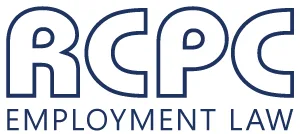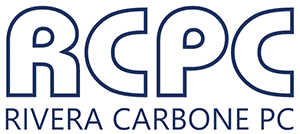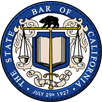Yes. Labor Code § 2802(a) requires an employer to pay business related expenses their employees incur in performing their duties, such as driving for the benefit of the employer.
How can my employer pay me for my mileage? The California Supreme Court has recognized that your employer can reimburse you in at least these three ways;
First, by the IRS standard mileage rate. The Department of Labor Standards Enforcement (DLSE) recognizes that the mileage reimbursement used by the IRS is reasonable. If the employee believes they are entitled to more than the IRS mileage reimbursement, they are permitted to challenge the amount to prove their actual costs are more. If the employer want to pay less than the IRS rate, the employer has the burden of proving that the employees cost for operating a vehicle for work is actually less.
Second, by the actual expense method. The actual cost of mileage is calculated by adding the cost of fuel, depreciation, insurance, maintenance and all other operating costs. If the employer believes the actual cost is less that the IRS standard mileage rate, they can pay less if they can prove that.
Third, with a lump sum, such as a car allowance. This sum must provide full reimbursement for the actual costs incurred. The lump sum amount is subject to challenge by the employee. The employee can do so by comparing the lump sum to the actual expense method or the mileage reimbursement method. If the lump sum is not enough, the employer must make up the difference.
An employer can compensate their employee for their mileage expense with increased wages or commissions as long as they can prove, with an itemization, that the compensation is sufficient to cover the actual cost. If commission compensation, which tends to be variable, falls to a level where the actual driving expenses are not covered, the employer must make up the difference.






